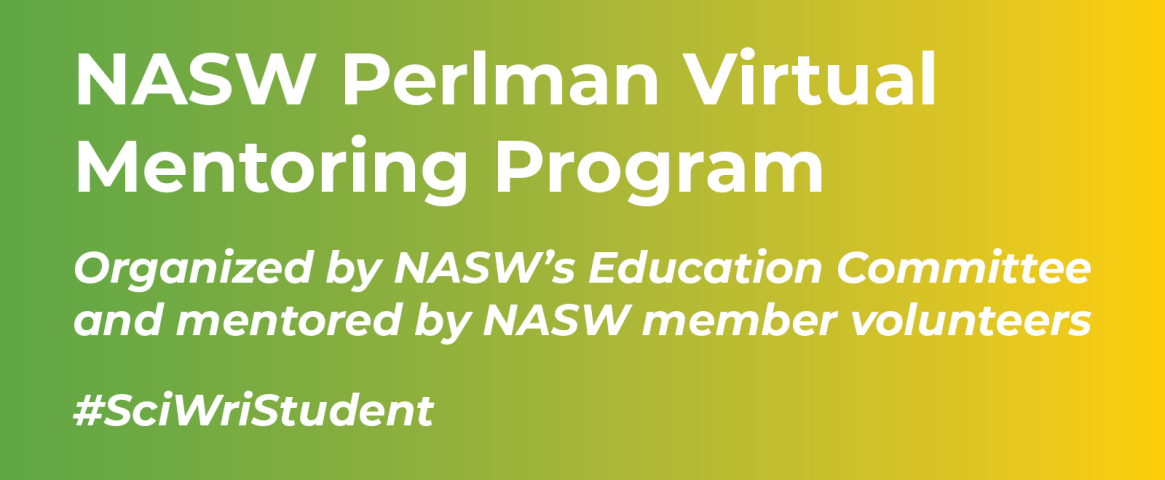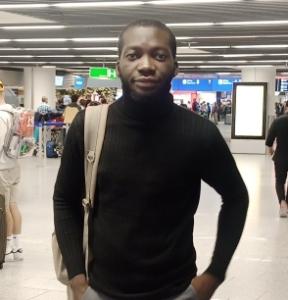This student story was published as part of the 2023 NASW Perlman Virtual Mentoring Program organized by the NASW Education Committee, providing science journalism practice and experience for undergraduate and graduate students.
Story by Abdulrahman Olagunju
Mentored and edited by Maureen O'Hagan
From fraudulent scientific reports to fake news, phishing swindles to Ponzi schemes, our world brims with deceptions. We read about them in the news and about them from friends. Yet, somehow, we don't seem to learn much.
It turns out simply knowing about fraud doesn’t protect us. This is confirmed in a recent large-scale study among victims and near-victims of fraud. So how do we protect ourselves?
In a recently published book “Nobody's Fool,” two New York Times-bestselling psychologists, Daniel Simons, a professor of psychology at the University of Illinois Urbana-Champaign, and Christopher Chabris, director of decision sciences at Geisinger Research Institute in Pennsylvania, explored mechanisms driving deception, and tips to avoid becoming a victim.
What are the secrets? And just as important, considering this is a book on deception, would the author’s claims hold up to scrutiny? Let’s find out.
Facts, not feelings
In the book, the authors argue that non-verbal behaviors such as shifty eyes, sweaty palms or a smirky smile aren’t clues to deception. That’s clearly borne out by research, including in these landmark meta-analysis studies. You can’t simply eyeball someone or passively listen and expect to detect deception, says the researcher behind one of those studies, Maria Hartwig, psychology professor at City University of New York. “The way to detect a lie is to gauge a person's statement against known or checkable facts."
And yet we humans generally believe what other people say. And since most people are honest, questioning every person’s every statement wouldn’t make any sense. This truth bias leaves the door open to deception. “We need to believe others, but if we trust too much, we’re in trouble – especially now,” says Chabris.
This is borne out by another study from Eryn Newman, a cognitive psychologist at the Australian National University. Her research showed that people rely on feelings to assess truth, rather than analysis of the content and the evidence. Newman suggests that treating information in the same way we check the quality of products we purchase is worthwhile. “Being savvy consumers of information may help us to shift cognitive gears, questioning quality and source—such that we invest more time and cognitive resources and engage more analytically with content we encounter,” she added.
Take the extra-step: Ask more questions
Cognitive biases can have insidious effects on our judgments. Yet simply being aware of them doesn’t always help us avoid them. It takes effort to “unbelieve” something we assume is true, and most times, we don't take that extra step. “There's always an opportunity to ask more questions," says Chabris. In “Nobody’s Fool,” they provide a list of red flags. If you start asking someone questions, pay close attention to their answers. If they give you vague assurances—“We did our due diligence” or “It’s been vetted”—it’s a clue they aren’t telling the truth. “The most useful questions are those that are specific to the situation and open a door revealing more previously hidden doors,” the authors wrote.
Also, once you start asking questions, take care not to fall in love with the other person’s answers. “Don’t automatically give the answers you get more weight than you would if you had that information from the outset,” says Chabris.
Don't Assume
Being aware of your assumptions is another critical way to avoid falling into deception. We make assumptions and accept information, including purported facts, without checking more deeply. “Most times, we never think of those assumptions,” says Simons. “They are just there somewhere in our minds, we don't even know they influence our decisions. We need to consciously think about what we are assuming.”
Chabris and Simons noted that the only way to systematically evaluate whether our decisions rest on shaky foundations is to explicitly identify each of the purported facts and reframe them as tentative assumptions.
Many people, however, don’t realize they need help. In a study, 65 percent of people predicted that they would make the right decision if they were given good advice. Yet almost the same number—64 percent—thought they would make the right choice if given bad advice. That task, says Hartwig, is difficult. “So, be conscious in making those decisions and don't be certain in your conclusion.” In short, be careful when you trust yourself.
Abdulrahman Olagunju is a graduate student working in the field of neuroscience. He is a fellow of African Science Literacy Network, and a contributing writer and editor of the Youth Neuroscience Association of Nigeria. Follow him on Twitter @Olagunjurahman or email him at olagunjuabdulrahman3@gmail.com
The NASW Perlman Virtual Mentoring program is named for longtime science writer and past NASW President David Perlman. Dave, who died in 2020 at the age of 101 only three years after his retirement from the San Francisco Chronicle, was a mentor to countless members of the science writing community and always made time for kind and supportive words, especially for early career writers. Contact NASW Education Committee Co-Chairs Czerne Reid and Ashley Yeager and Perlman Program Coordinator Courtney Gorman at mentor@nasw.org. Thank you to the many NASW member volunteers who spearhead our #SciWriStudent programming year after year.
Founded in 1934 with a mission to fight for the free flow of science news, NASW is an organization of ~ 2,600 professional journalists, authors, editors, producers, public information officers, students and people who write and produce material intended to inform the public about science, health, engineering, and technology. To learn more, visit www.nasw.org





